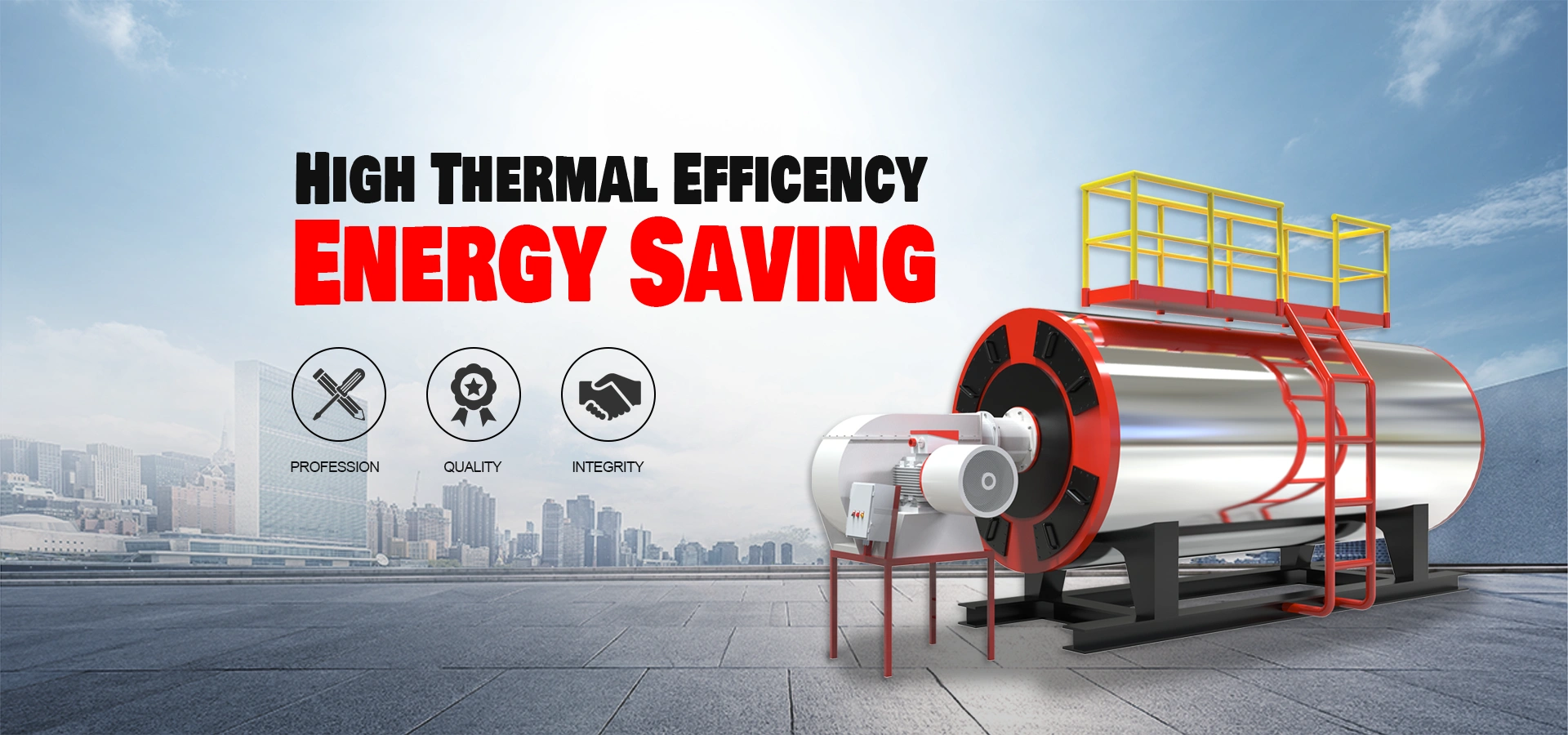
Sep . 12, 2024 08:11 Back to list
High-Efficiency Thermic Oil Boilers for Industrial Heating Solutions
Understanding Thermic Oil Boilers Efficiency and Applications
Thermic oil boilers, also known as thermal oil heaters, are specialized heating systems that utilize thermal oil as the heat transfer medium. These systems are designed to deliver high temperatures at relatively low pressures, making them ideal for various industrial applications. This article explores the workings, benefits, and applications of thermic oil boilers.
How Thermic Oil Boilers Work
At the core of a thermic oil boiler is the heater that steadily heats thermal oil, which is then circulated through a closed-loop system
. Unlike traditional steam boilers that operate under high pressure to achieve elevated temperatures, thermic oil systems maintain lower pressures, ensuring safety and reducing the risk of accidents. The nature of thermal oil allows it to reach temperatures well above 300°C (572°F) without vaporizing.The heated thermal oil is pumped through a network of pipes to heat exchangers, which transfer the heat to various processes or equipment. Once the thermal oil has delivered its heat, it returns to the boiler to be reheated. This efficient recycling of thermal oil makes the system both energy-efficient and effective in maintaining consistent temperature levels.
Benefits of Thermic Oil Boilers
1. Energy Efficiency Thermic oil boilers provide a high level of thermal efficiency. They can achieve temperatures quickly and maintain them with minimal energy loss, which translates to lower fuel costs and operational expenses.
2. Safety and Reliability Operating at lower pressures enhances safety compared to traditional steam boilers, where high-pressure systems can pose significant risks. Moreover, the thermal oil used is non-corrosive, which contributes to a longer lifespan for the equipment.
thermic oil boiler

3. Versatile Applications Thermic oil boilers are versatile, suitable for a wide range of industries, including food processing, chemical manufacturing, textiles, and plastic production. They can accommodate various heating requirements and are capable of integrating with other heating systems.
4. Regulatory Compliance Many industries face strict environmental regulations. Thermic oil systems can help companies meet these standards due to their lower emissions and efficient operation.
Applications of Thermic Oil Boilers
Thermic oil boilers are utilized in numerous applications. For instance, in the food industry, they are used for processes such as oil extraction and cooking, where precise temperature control is critical. In the chemical sector, they facilitate processes like distillation and curing, where consistent heat is necessary to ensure product quality.
Additionally, thermic oil systems are essential in the production of rubber and plastics, where they provide the heat needed for molding and extrusion processes. They are also employed in renewable energy applications, such as solar thermal systems, where thermal oil is used to transfer heat from solar collectors to storage or to drive turbines.
Conclusion
Thermic oil boilers represent a robust, efficient, and versatile solution for industrial heating needs. Their ability to operate safely at high temperatures and low pressures makes them a preferred choice over traditional steam systems in a variety of settings. As industries continue to evolve, thermic oil heating technology is likely to play an increasingly vital role in meeting energy demands while adhering to safety and environmental standards.
-
High-Efficiency Commercial Oil Fired Steam Boiler for Industry
NewsJul.30,2025
-
High-Efficiency Biomass Fired Thermal Oil Boiler Solutions
NewsJul.30,2025
-
High Efficiency Gas Fired Thermal Oil Boiler for Industrial Heating
NewsJul.29,2025
-
High-Efficiency Gas Fired Hot Water Boiler for Sale – Reliable & Affordable
NewsJul.29,2025
-
High Efficiency Biomass Fired Hot Water Boiler for Industrial and Commercial Use
NewsJul.29,2025
-
High-Efficiency Biomass Fired Hot Water Boiler for Industrial Use
NewsJul.28,2025
Related PRODUCTS






















